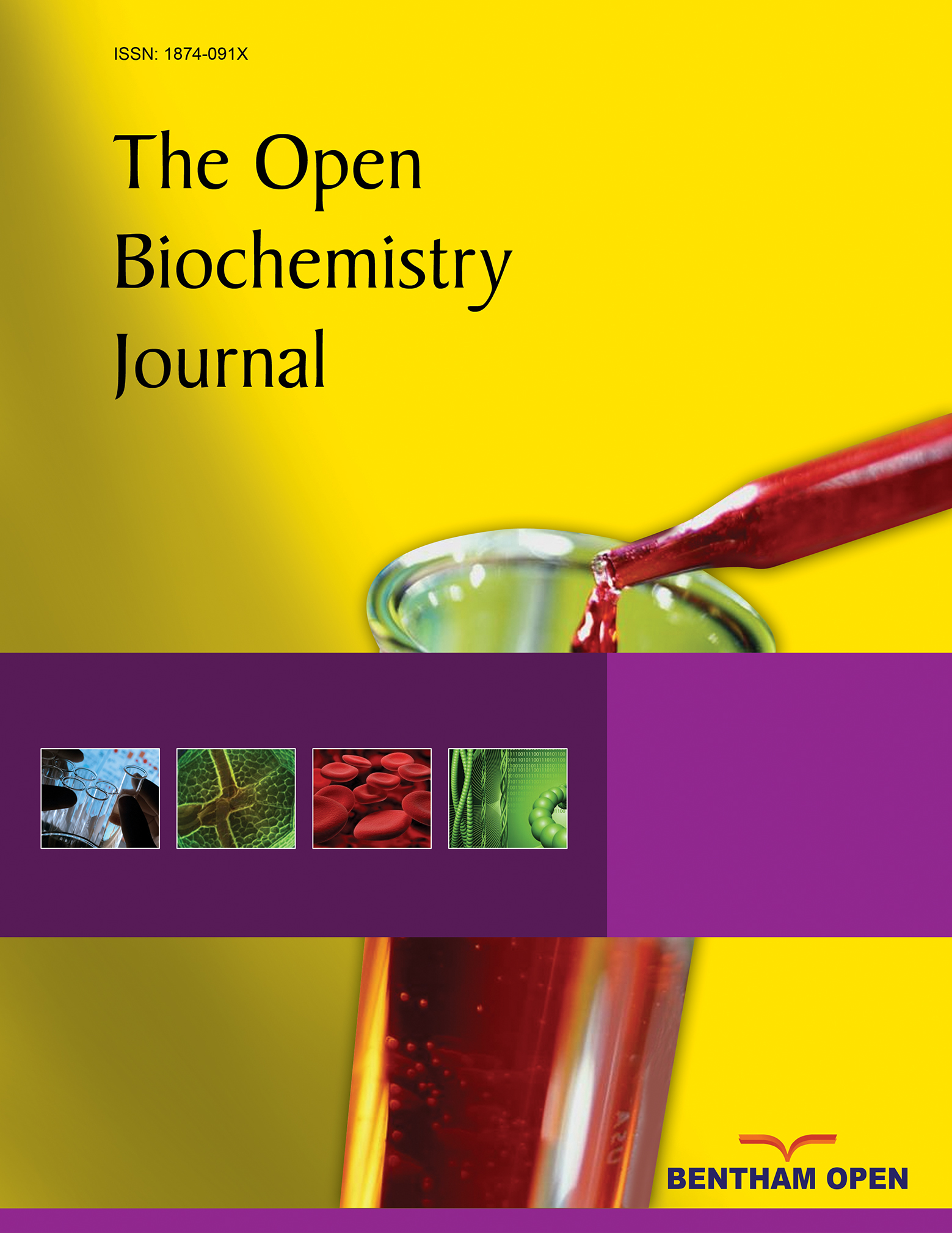All published articles of this journal are available on ScienceDirect.
Protein Kinase A Subunit α Catalytic and A Kinase Anchoring Protein 79 in Human Placental Mitochondria
Abstract
Components of protein phosphorylation signalling systems have been discovered in mitochondria and it has been proposed that these molecules modulate processes including oxidative phosphorylation, apoptosis and steroidogene-sis.
We used electrophoresis and Western blots probed with specific antibodies to protein kinase A a catalytic subunit (PKAα Cat) and A kinase anchoring protein of approximately 79 kDa molecular weight (AKAP79) to demonstrate the presence of these two proteins in human placental mitochondria. Heavy mitochondria characteristic of cytotrophoblast were sepa-rated from light mitochondria characteristic of syncytiotrophoblast by centrifugation. PKAα Cat and AKAP79 were pre-sent in both heavy and light mitochondria with no significant difference in concentration. Sucrose density gradient separa-tion of submitochondrial fractions indicated PKAα Cat is located predominantly in the outer membrane whereas AKAP79 is present mainly in the contact site fractions.
These data indicate that PKAα Cat is present in the cytoplasm, nucleus and mitochondria of placental cells. AKAP79 is also present in human placental mitochondria but there may be anchoring proteins other than AKAP79 responsible for fix-ing PKA to the outer membrane. PKA may play roles in mitochondrial protein phosphorylation systems in both cytotro-phoblast and syncytiotrophoblast.


